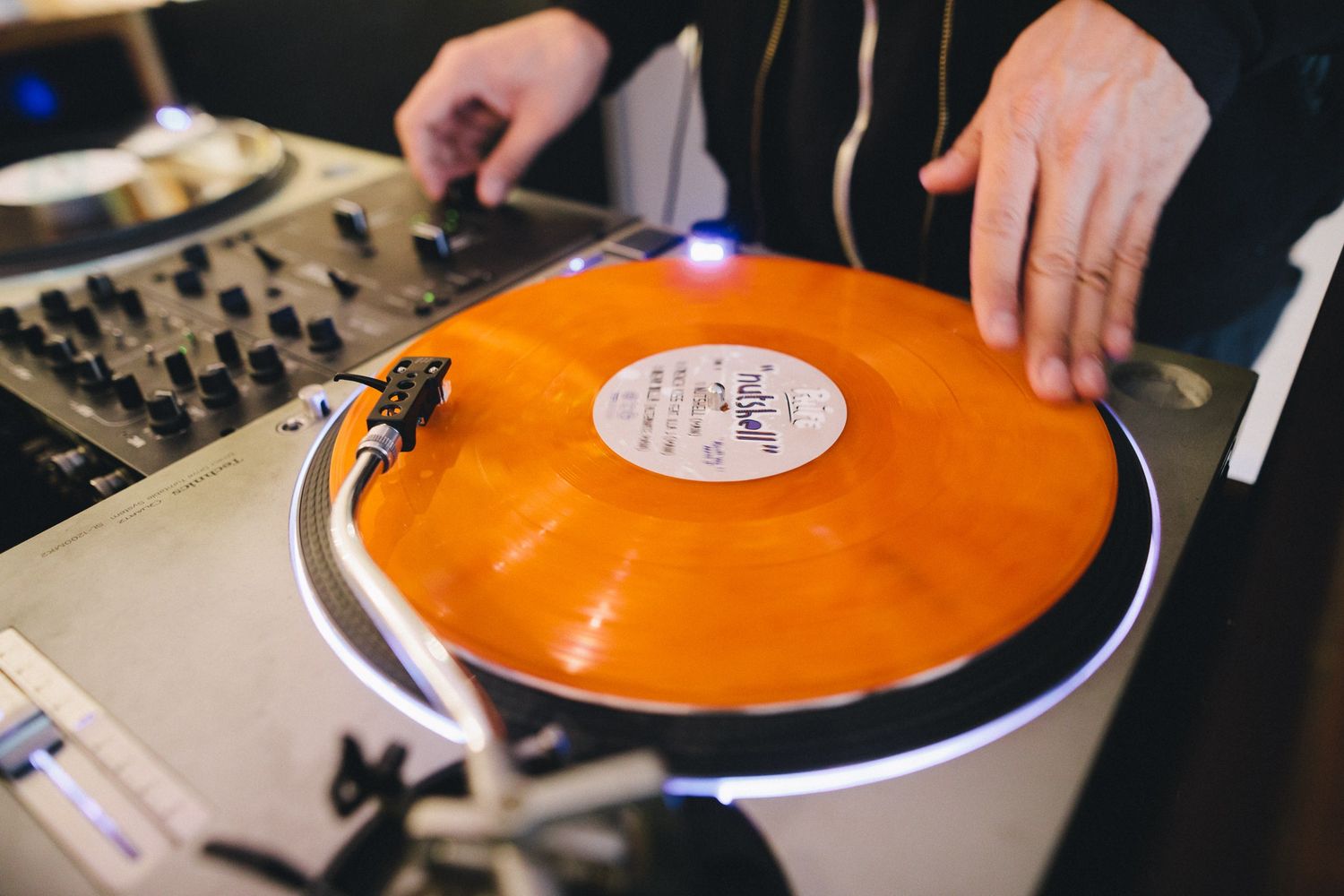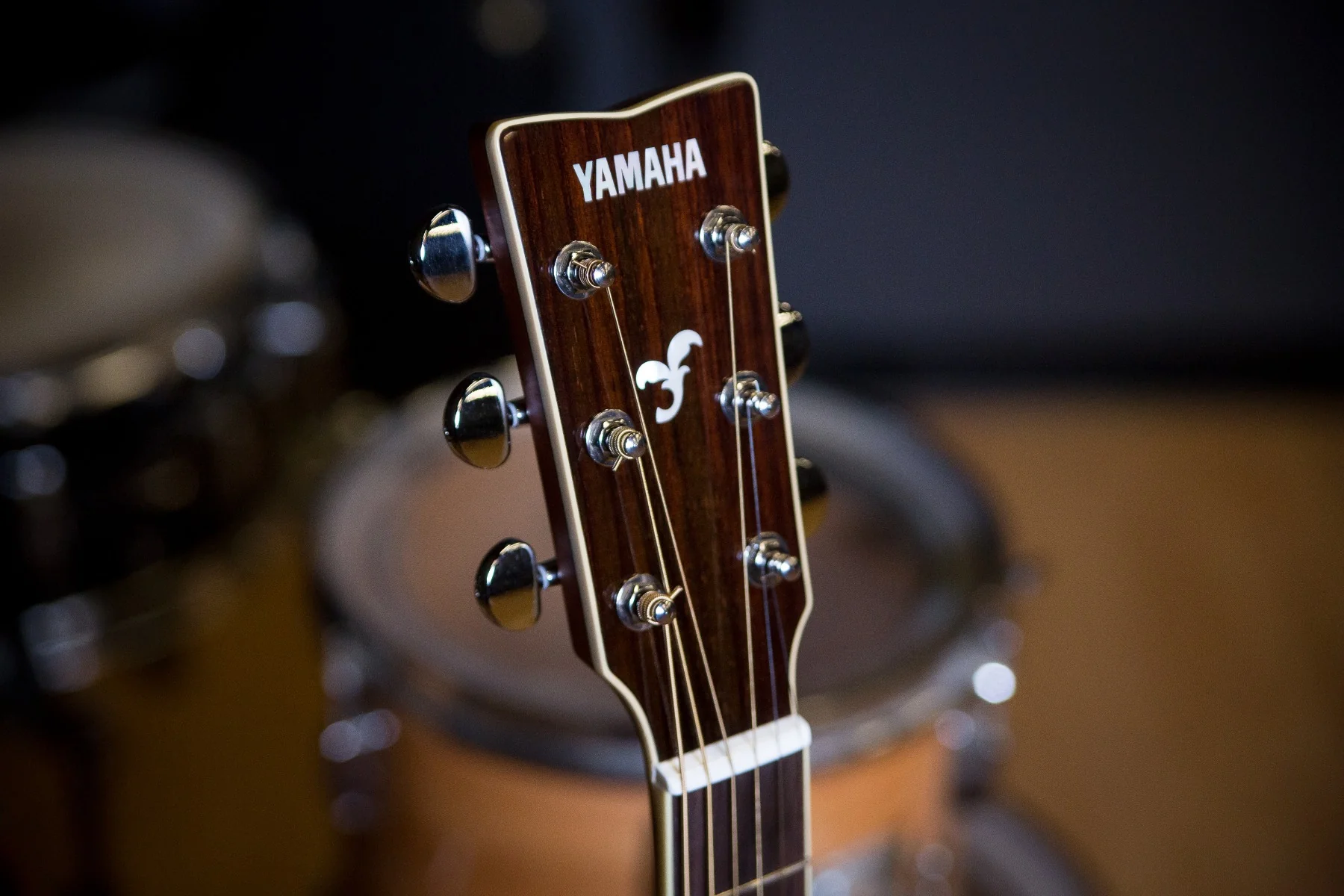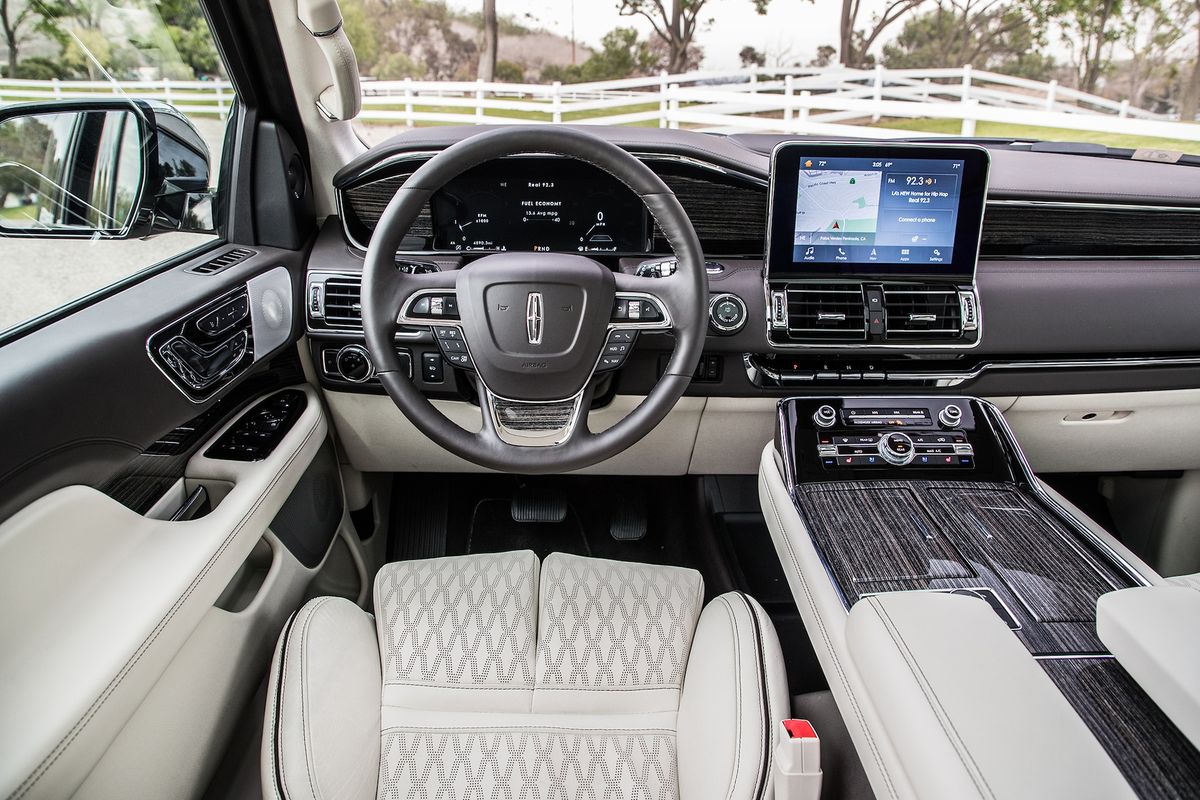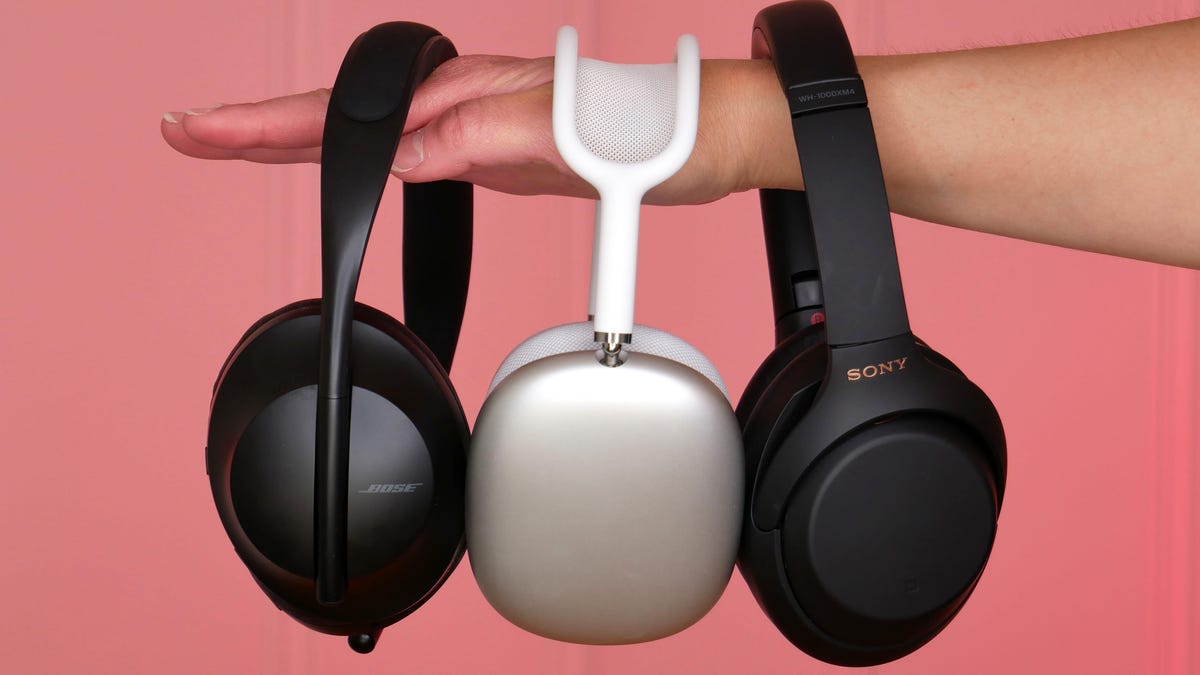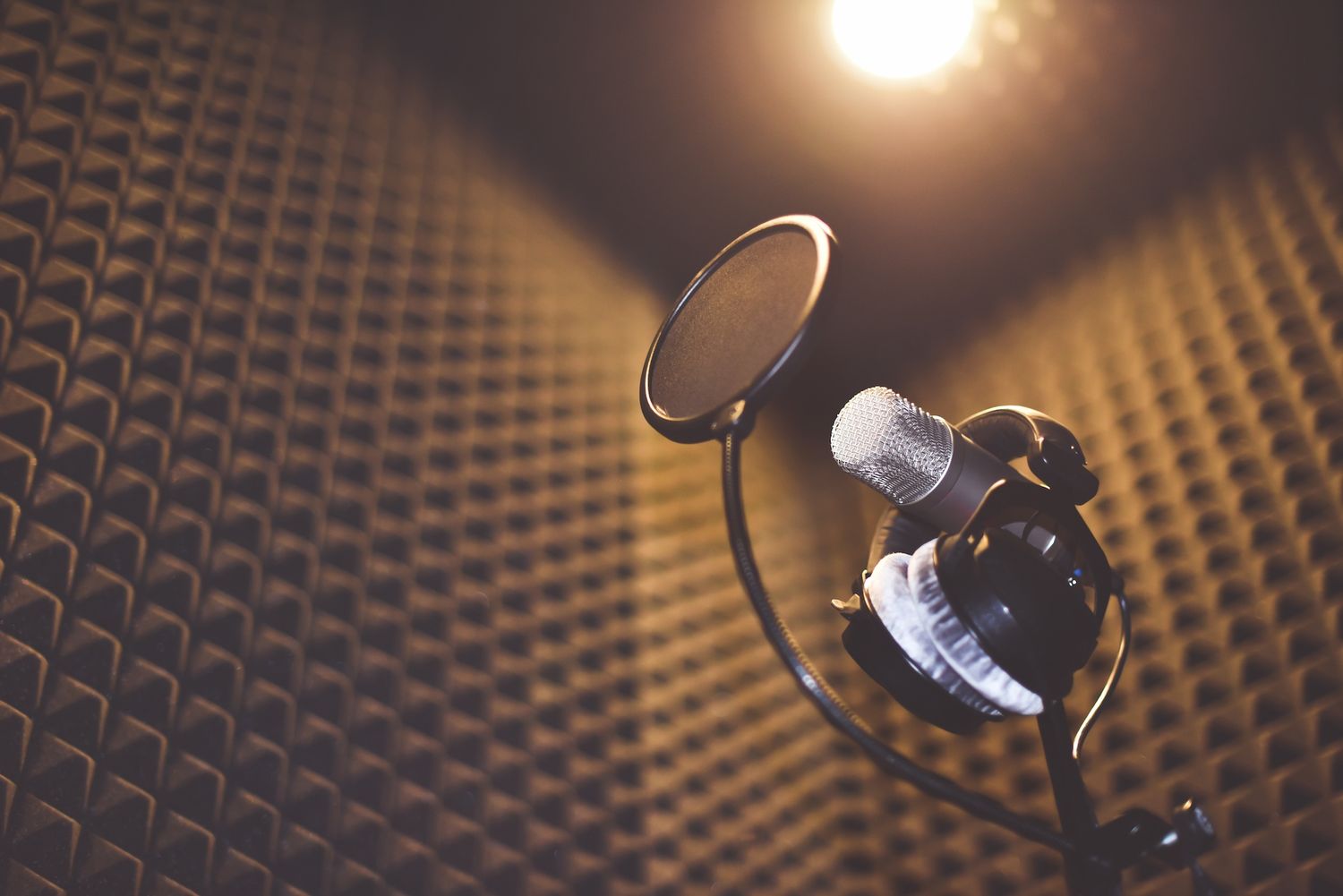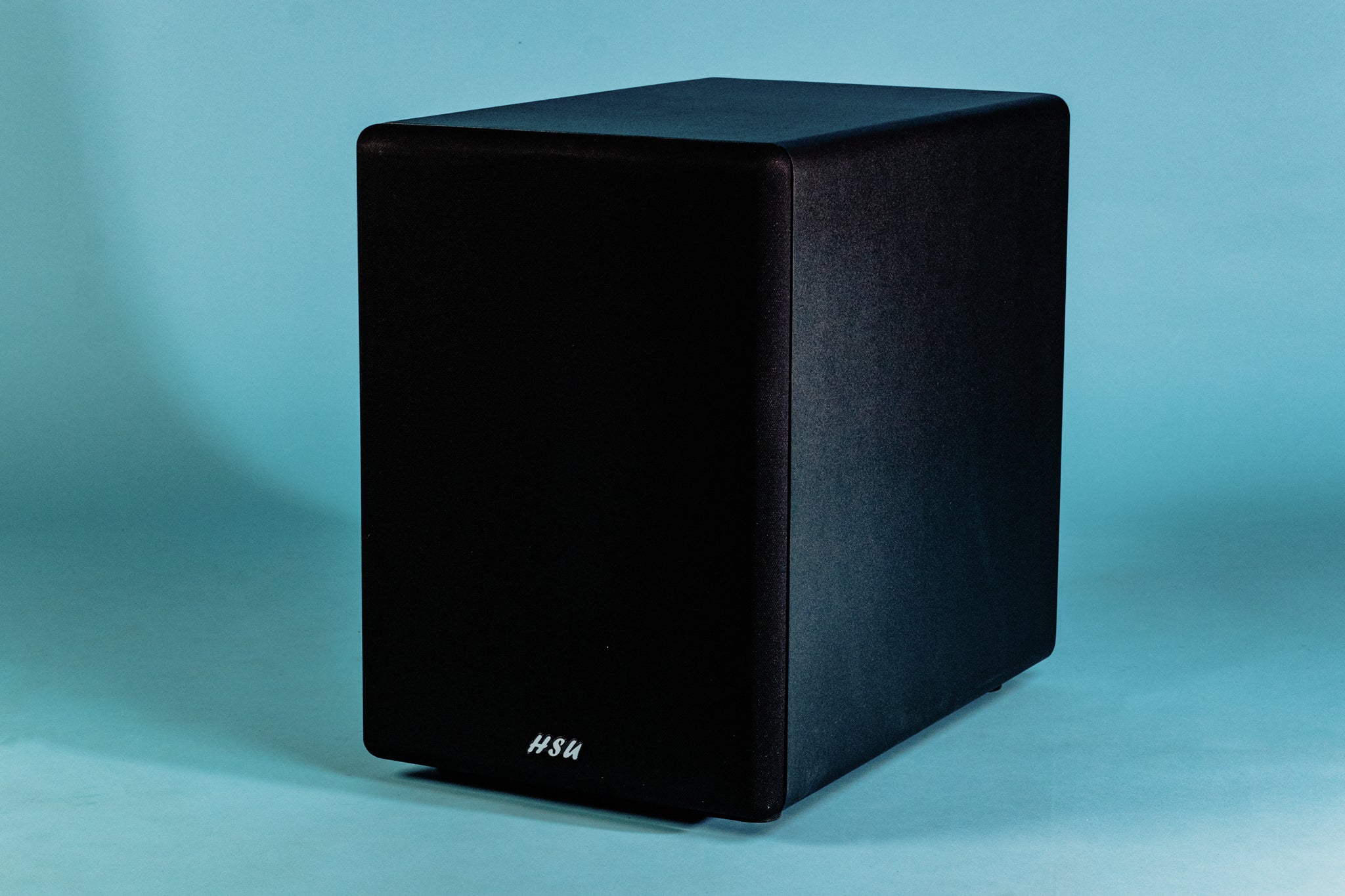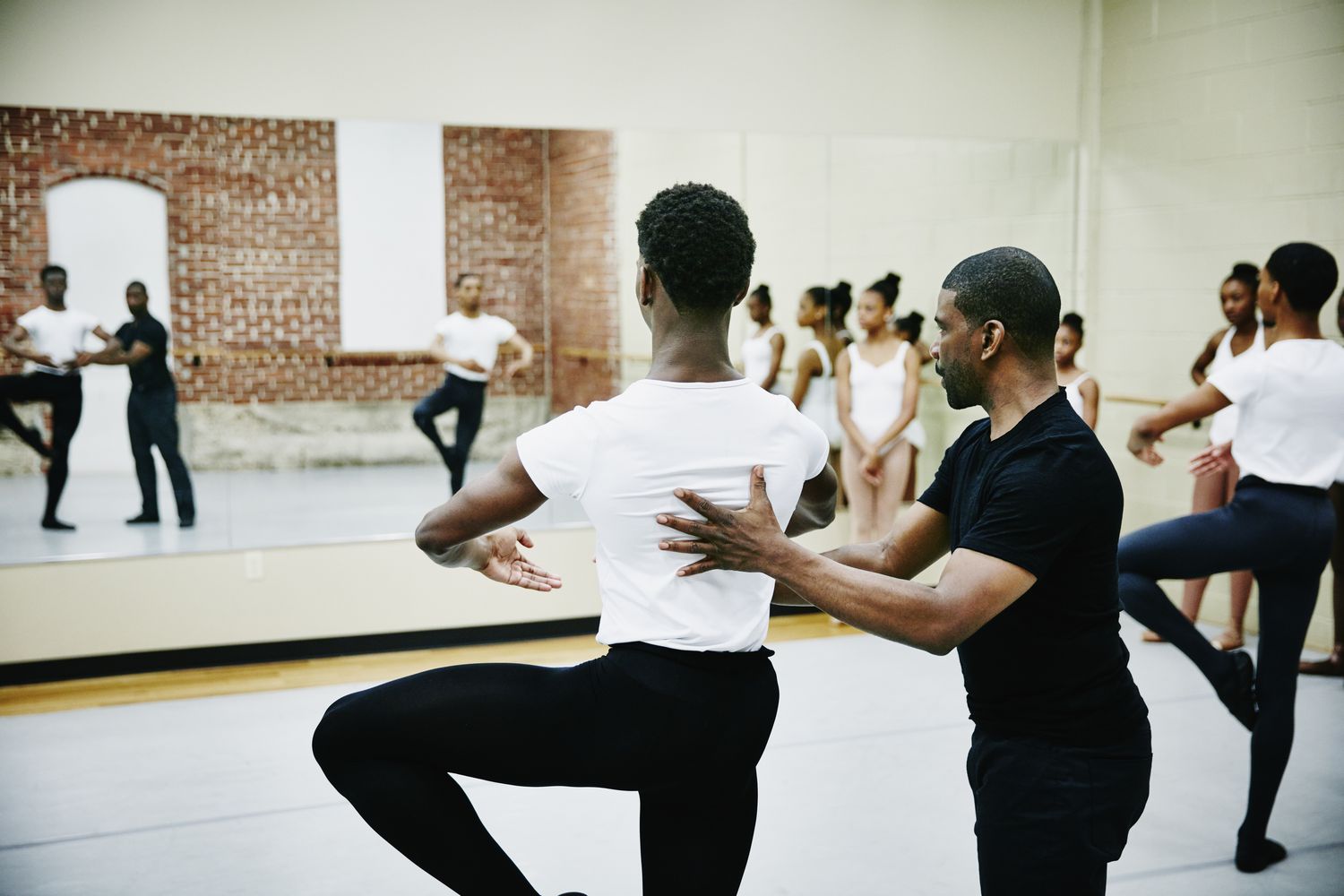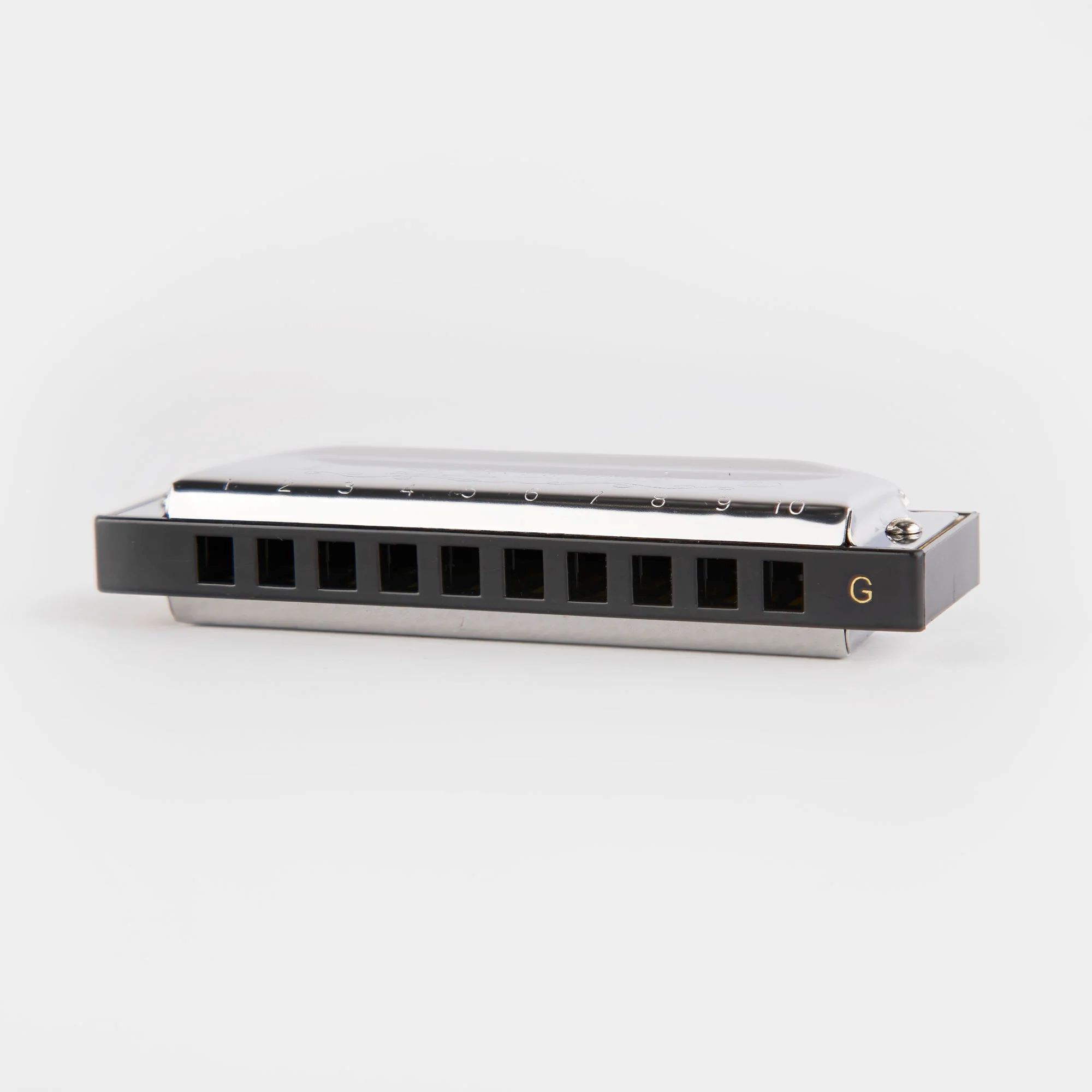Home>Instruments>Harmonica>Which Harmonica Is The Best For Beginners?
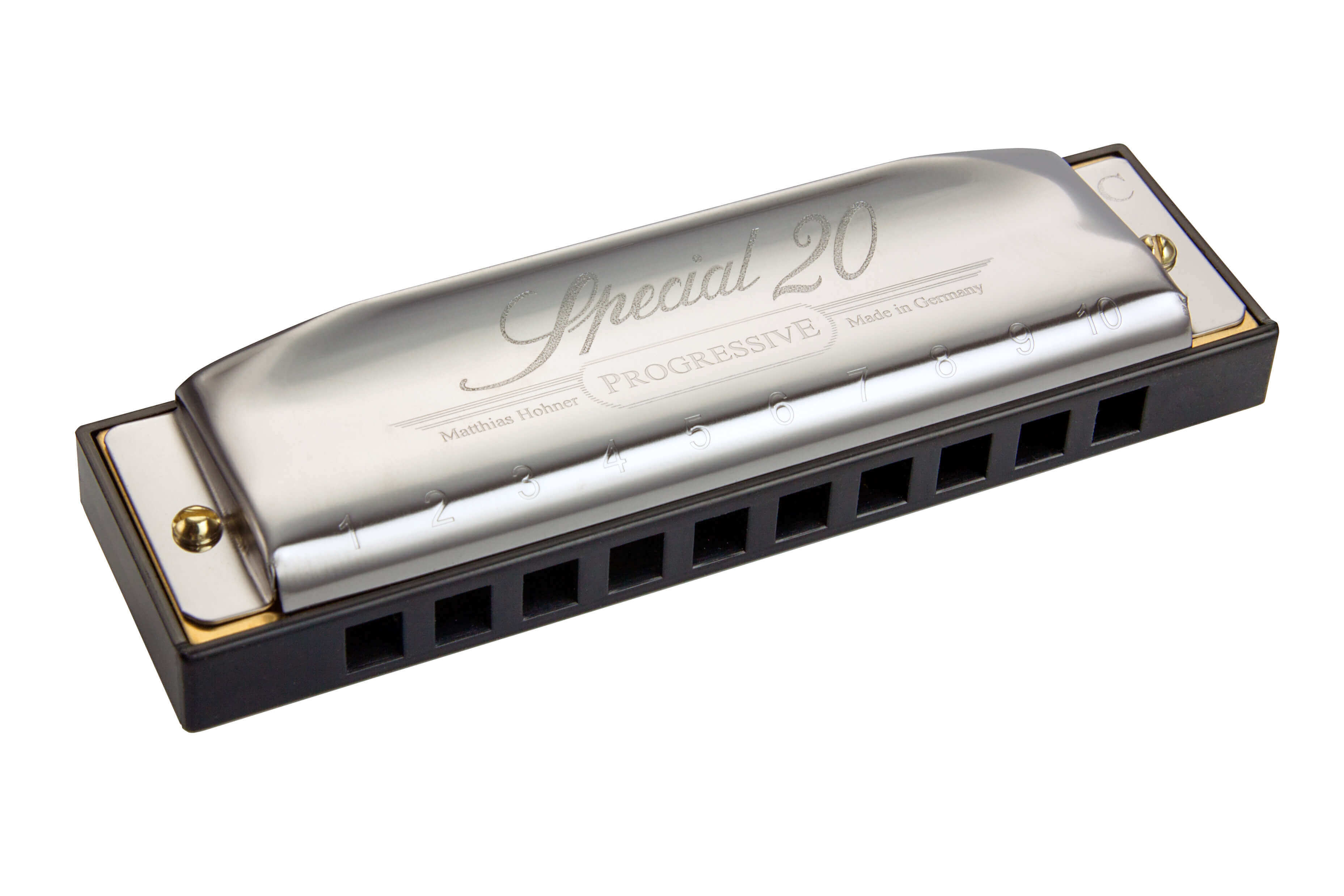

Harmonica
Which Harmonica Is The Best For Beginners?
Modified: February 3, 2024
Discover the perfect harmonica for beginners with our comprehensive guide. Learn which harmonica is the best choice for you and start your musical journey today.
(Many of the links in this article redirect to a specific reviewed product. Your purchase of these products through affiliate links helps to generate commission for AudioLover.com, at no extra cost. Learn more)
Table of Contents
Introduction
Welcome to the fascinating world of harmonicas! Whether you have always been captivated by the soulful melodies of this versatile instrument or are just starting to explore its enchanting sounds, choosing the right harmonica is crucial, especially for beginners.
A harmonica, also known as a mouth organ or harp, is a small wind instrument that produces sound when the player blows air into or draws air out of the instrument through the reeds. It has been a staple in various musical genres, from blues and folk to rock and country.
As a beginner, finding the right harmonica can be overwhelming given the myriad of options available. Each harmonica type offers a unique playing experience and produces distinct tones. To make an informed decision, it’s important to consider various factors and understand the different types of harmonicas.
So, what are the key things to consider when choosing a harmonica for beginners? Let’s dive into the factors that will help you make the right choice.
Factors to consider when choosing a harmonica for beginners
When starting your harmonica journey, there are several important factors to consider before purchasing your first harmonica:
- Key: The key of a harmonica determines the overall pitch and the key in which you will play. Common keys for beginners include C, G, and A, as they are versatile and easy to play. Choosing a harmonica in the key of C is often recommended, as many beginner lessons and instructional materials are based on this key.
- Type of harmonica: There are several types of harmonicas, each with its own unique features. The most commonly used harmonica types for beginners are diatonic harmonicas and chromatic harmonicas. Diatonic harmonicas are ideal for playing melodies in a single key, while chromatic harmonicas, with a slide button, allow for playing all 12 notes of the Western musical scale.
- Quality: Opting for a harmonica of good quality is crucial for a satisfying playing experience. Poor quality harmonicas may produce inconsistent sound or easily go out of tune. Look for reputable brands known for their craftsmanship and attention to detail.
- Budget: Harmonicas come in a range of prices, so it’s important to set a budget. While it’s tempting to go for the cheapest option, investing in a decent quality harmonica will ensure better playability and durability in the long run.
- Reed material: Harmonica reeds can be made of various materials, such as brass, phosphor bronze, or stainless steel. Each material affects the tone and durability of the harmonica. Brass reeds are commonly used in beginner harmonicas and offer a balanced tone.
- Construction: Consider the construction and design of the harmonica. Look for a harmonica with a solid and airtight body, as this ensures better responsiveness and tone quality. Additionally, harmonicas with rounded edges are more comfortable to play.
- Availability of instructional resources: Check if there are ample learning resources available for the harmonica you are considering. This includes beginner-friendly tutorials, online lessons, and instructional books. Having access to comprehensive learning materials will make your harmonica learning journey smoother and more enjoyable.
Considering these factors will help narrow down your options and guide you towards selecting the best harmonica for your beginner needs.
Comparison of different types of harmonicas
When it comes to harmonicas, there are various types available, each with its own unique characteristics and playing capabilities. Let’s take a closer look at the two most common types used by beginners: diatonic harmonicas and chromatic harmonicas.
Diatonic Harmonicas
Diatonic harmonicas are the most popular type for beginners. They are designed to play in a specific key and are available in all major keys. These harmonicas typically have 10 holes and produce different notes depending on whether the player is blowing or drawing air. One key feature of diatonic harmonicas is their ability to bend notes, which adds expressive elements to playing.
Advantages of diatonic harmonicas include:
- They are affordable and widely available.
- They have a compact size, making them easy to carry around.
- They are versatile for playing various genres such as blues, folk, and rock.
- They provide opportunities for learning bending techniques and playing expressive melodies.
Chromatic Harmonicas
Chromatic harmonicas offer a wider range of notes and are more suited for playing different musical scales. They have a button-activated slide that allows the player to access all the sharps and flats in addition to the regular notes. This means you can play in any key without needing multiple harmonicas.
Advantages of chromatic harmonicas include:
- They allow for playing in various keys, making them versatile for different musical pieces.
- They provide a complete chromatic scale, allowing for precise playing of melodies.
- They are well-suited for playing complex pieces and melodies that require frequent key changes.
- They offer a smooth playing experience without the need to bend notes.
However, chromatic harmonicas are generally more expensive than diatonic harmonicas, and their design can be more complex for beginners to grasp. They are recommended for those who are serious about exploring different musical scales and have a specific need for playing in multiple keys.
Ultimately, the choice between diatonic and chromatic harmonicas depends on your musical goals and preferences. Beginners often start with a diatonic harmonica and later decide to explore chromatic harmonicas as their skills progress.
Top recommendations for beginner harmonicas
Now that we have discussed the factors to consider and the types of harmonicas available, let’s dive into some top recommendations for beginner harmonicas:
- Hohner Special 20: The Hohner Special 20 is a highly regarded diatonic harmonica favored by beginners and professionals alike. It offers excellent playability, airtight construction, and a warm, rich tone. Its durable plastic comb and recessed reed plates make it comfortable to play and easy to maintain.
- Seydel Session Steel: The Seydel Session Steel is another popular diatonic harmonica known for its exceptional durability and excellent sound quality. It features corrosion-resistant stainless steel reeds, a sturdy plastic comb, and a wide range of available keys.
- Hohner Marine Band: The Hohner Marine Band is a classic diatonic harmonica that has been a favorite among blues musicians for decades. It offers a traditional warm sound and a wooden comb for a vintage feel. It is known for its expressive bending capabilities.
- Hohner Chromonica: For those interested in exploring chromatic harmonicas, the Hohner Chromonica is a widely recommended choice for beginners. It features a clear and responsive sound, a durable construction, and a smooth slide mechanism for easy key changes.
- Suzuki SCX Chromatix: The Suzuki SCX Chromatix is another popular chromatic harmonica suitable for beginners. It offers a comfortable playing experience, excellent sound quality, and precise intonation. It is an ideal choice for those looking to delve into complex melodies and various keys.
These are just a few of the many harmonica options available for beginners. It’s important to try out different harmonicas and choose the one that feels comfortable and produces the desired sound for your musical journey. Additionally, don’t forget to practice regularly and explore online resources and tutorials to improve your playing skills.
Conclusion
Choosing the right harmonica as a beginner is essential to kick-start your musical journey on the right note. By considering factors such as the key, type of harmonica, quality, budget, reed material, construction, and availability of instructional resources, you can make an informed decision.
For beginners, diatonic harmonicas like the Hohner Special 20 and Seydel Session Steel are highly recommended for their playability, durability, and versatility. These harmonicas allow you to learn bending techniques and explore a range of musical genres.
If you are interested in playing a wider range of scales and exploring complex melodies, chromatic harmonicas like the Hohner Chromonica or Suzuki SCX Chromatix are excellent choices.
Ultimately, the best harmonica for beginners will depend on your personal preferences, budget, and musical goals. Take the time to try out different harmonicas, seek advice from experienced players, and consult online resources to find the harmonica that resonates with you.
Remember, becoming proficient in playing the harmonica takes practice and dedication. Immerse yourself in learning materials, join online harmonica communities, and explore different playing techniques to enhance your skills. With time and effort, you’ll be able to create beautiful melodies and fully enjoy the enchanting world of the harmonica.
So, embark on your harmonica journey and let the music flow from your soul through this remarkable instrument. Happy playing!


